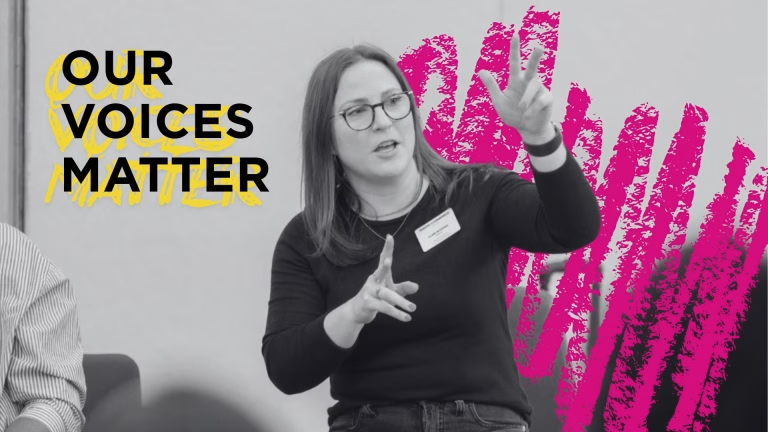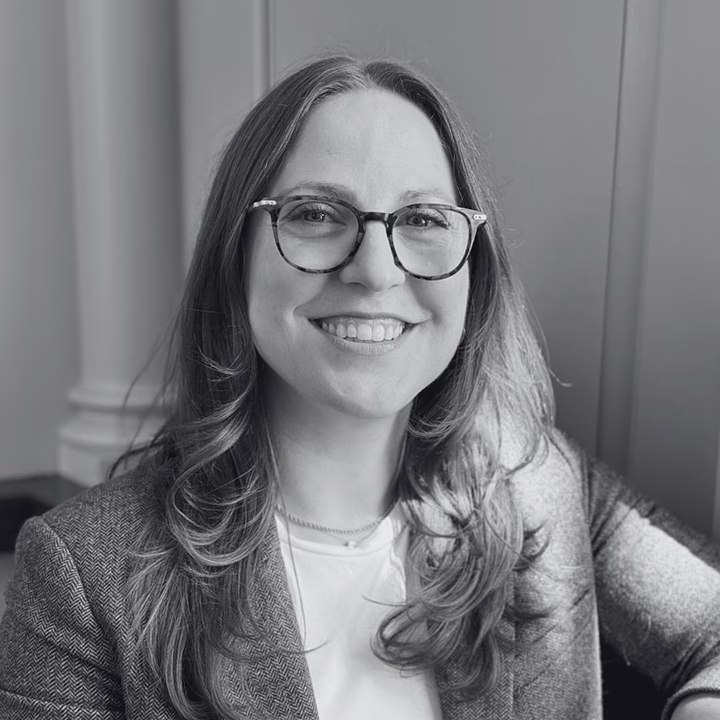“All education is political; teaching is never a neutral act,” writes Paulo Freire in his 1968 book Pedagogy of the Oppressed. Education requires the shaping of perspectives, beliefs, and values, and even seemingly neutral teaching methods can reinforce existing power structures. I remember reading Freire’s work as a first-year English teacher and feeling like it was a desperately needed breath of fresh air, a glug of gasoline to strengthen the fire within me, a tuning of the lens in which I saw my purpose as an educator working for social justice in this world.
It is now 2025, thirteen years later. Congress and the Trump administration are proposing steep cuts to Medicaid, a program that nearly 1 million children in Michigan rely on for essential healthcare services: well-child check-ups, immunizations, prescriptions, dental care, vision care, mental health, hospital care, and more. At the same time, the administration is moving to dismantle the U.S. Department of Education. This agency distributes federal funding to support students whose families have low income and children with special needs who require additional services and support. Moreover, the U.S. Department of Education enforces civil rights laws to ensure all students have equal access to education. In Michigan, federal funding comprised 13.8% of K -12 education funding in the fiscal year 2023, supporting students in small rural towns throughout the state as well as students in Detroit and other Michigan cities. Coupling Medicaid cuts with the dismantling of the Department of Education is an attack on our nation’s children and families. It is destroying the systems created to support healthy children as they learn and grow, especially our children who are living in poverty, who are disabled, and who are marginalized.
This dismantling of our public institutions is happening at a time when educators are experiencing extreme stress, job dissatisfaction, and high rates of burnout. A Pew Research Center 2024 Report1 that polled a representative group of American public K-12 educators found the following:
- 77% of educators say their job is frequently stressful.
- 68% say it’s overwhelming.
- 70% say their school is understaffed.
- 52% say they would not advise a young person starting out today to become a teacher.
It doesn’t take a large logical leap to conclude that the above findings are only exacerbated as educators attempt to navigate the chaos and uncertainty schools across the country are experiencing due to cuts to Medicaid and Department of Education funding freezes and layoffs. There isn’t an easy or clear path forward. Given this reality, Freire’s words ring more true for me now than ever: “All education is political; teaching is never a neutral act.” In them, I find a call to action, a reminder of why I became an educator, a quickening of my resolve to continue working to create joyful, restorative, and responsive learning communities, especially as that work is threatened.
Here at HFLI, we have a framework we live out together as a team and in our work with educators and students: “Shared Purpose, Shared Work, Shared Joy”. We are rooted in our why, why we do the work and how it aligns with others striving for similar impact and outcomes: advancing excellence in education for all. We ask ourselves how we will get it done, working together with educators and students, families, and community members to make progress towards our big goals. And we believe that experiencing joy is necessary to continue to show up, celebrating hard work, success, and progress, finding and sharing fulfillment together in community.
Upon reflection, this feels like a possible way forward. In a political climate meant to confuse, overwhelm, and isolate us, working to stay in community with those with whom we share a purpose and the work, rooting ourselves in our why, and refusing to give up our joy can offer some much-needed critical hope. This, of course, is not a silver bullet; however, we know that educators must show up every day for their students, families, and communities. Day in and day out, educators stand before the young people in front of them, teaching, leading, and caring for the next generation as political chaos ensues. Engaging in “Shared Purpose, Shared Work, and Shared Joy” can help educators foster community, wellness, and joy, three critical components to continue to show up and do the hard yet necessary work.
Pew Research Center. (2024, April 4). What’s it like to be a teacher in America today? Pew Research Center: Social & Demographic Trends. https://www.pewresearch.org/social-trends/2024/04/04/whats-it-like-to-be-a-teacher-in-america-today/




